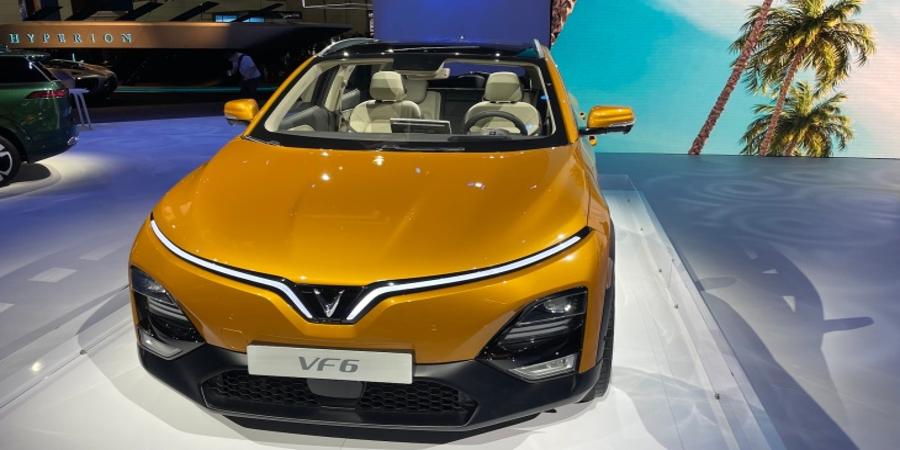Vietnamese EV automaker VinFast is getting a $2.5 billion injection of capital as it pursues an ambitious plan to woo U.S. consumers with a slate of electric SUVs and crossovers.
Billionaire Pham Nhat Vuong, who founded VinFast’s parent company Vingroup, committed Wednesday to invest $1 billion of his personal wealth via a grant in the EV company. Vingroup, the country’s largest conglomerate, will invest $500 million. The parent company has also agreed to loan VinFast an additional $1 billion with a maturity of up to five years.
A representative of Vuong’s said in a statement that he is donating some of his personal assets to “energize VinFast during the pivotal acceleration period to create a mark of Vietnam in the world’s electric vehicle market.”
“The growth potential of VinFast has been demonstrated in the past five years,” Vingroup CEO Nguyen Viet Quang said in a prepared statement. “This is a pivotal period for VinFast to accelerate towards a solid competitive position in the world’s electric vehicle market.”
The capital commitments come as VinFast takes aim at the United States, one of the largest car markets in the world.
VinFast’s grand ambitions materialized not long after its formation in 2017. The company debuted its first internal combustion engine vehicles at the 2018 Paris Motor Show and later added a range of e-scooters and vehicles for the Vietnamese market. The company has said that within a year of launching, its vehicles became the fastest-selling in Vietnam.
VinFast then made a pivot to a pure EV company, and while it continued to make inroads in Vietnam, it also set its sights on the U.S. market. VinFast said it has introduced six EV models, one electric bus model and nine electric motorbikes. About 3,000 electric cars have been exported to foreign markets.
VinFast’s aspirations extend well beyond a few thousand exported vehicles. The company, which showcased four SUVs presented at the 2022 LA Auto Show, has plans to build a factory in North Carolina and set up showrooms and services centers throughout the U.S. The company received $1.2 billion in incentives to build the factory in North Carolina.
The company also filed for an initial public offering in the United States, although that seems to have fizzled or at least delayed. The company has yet to disclose the number of shares to be offered or the price range and a date has not been set for the IPO.
Source @TechCrunch



